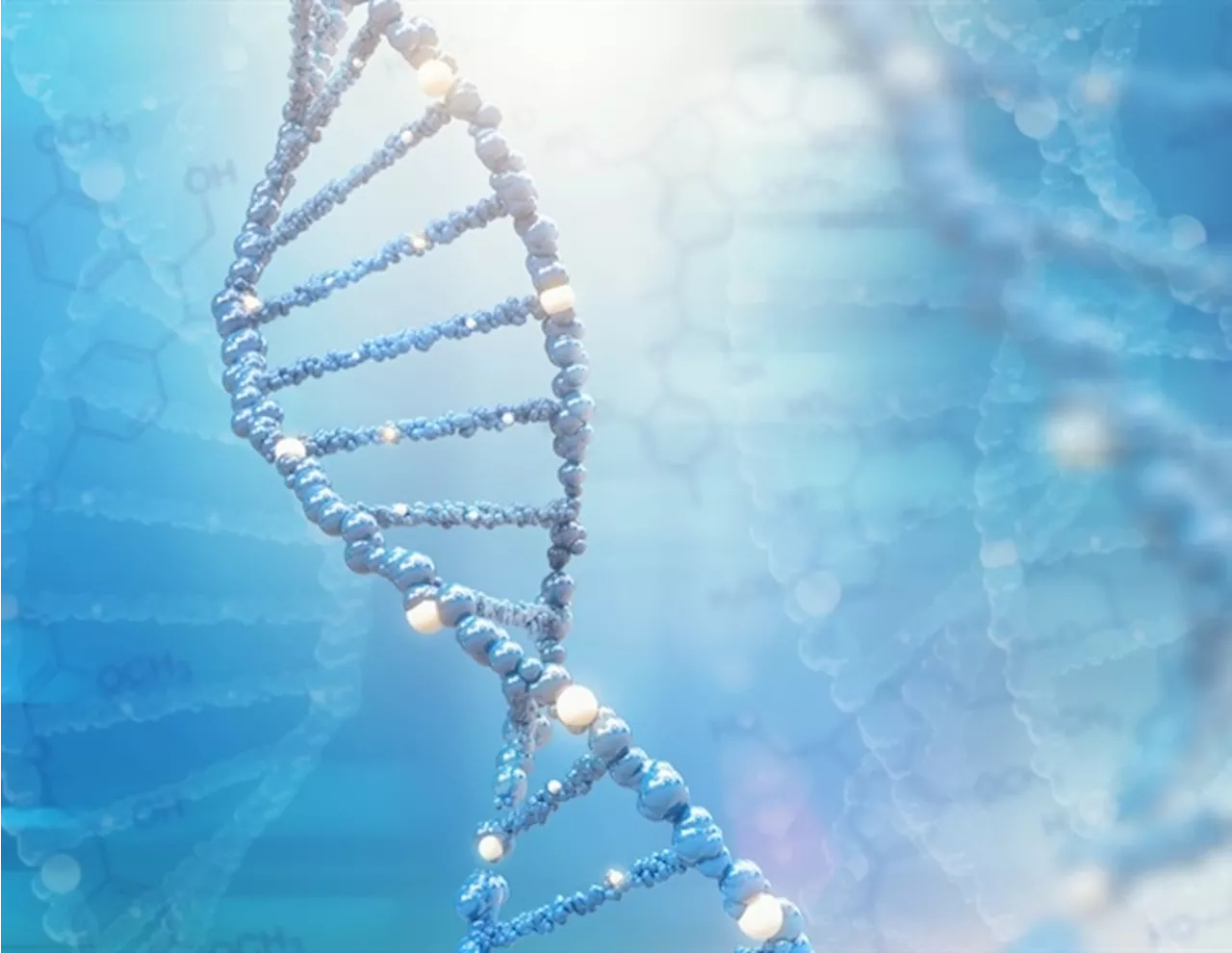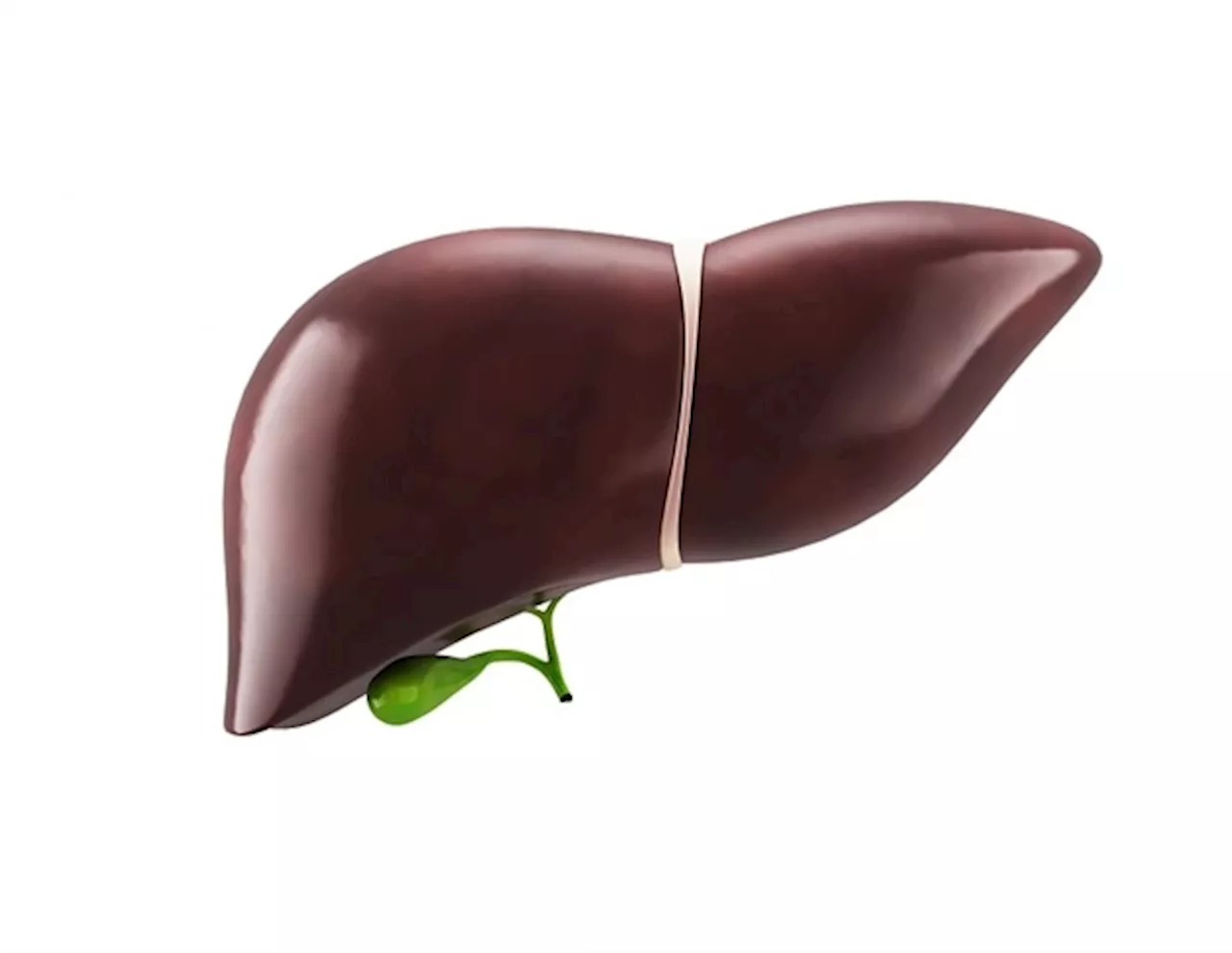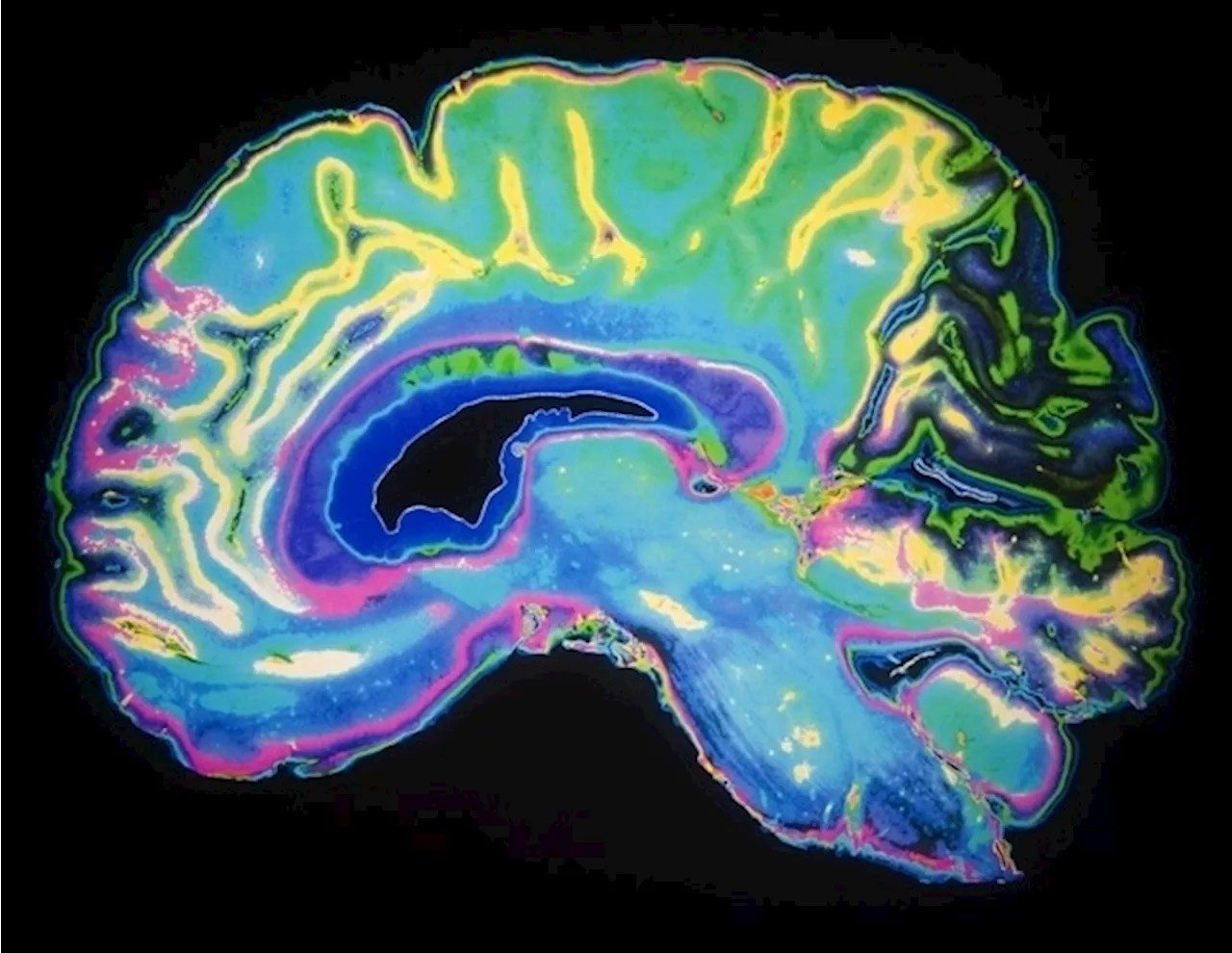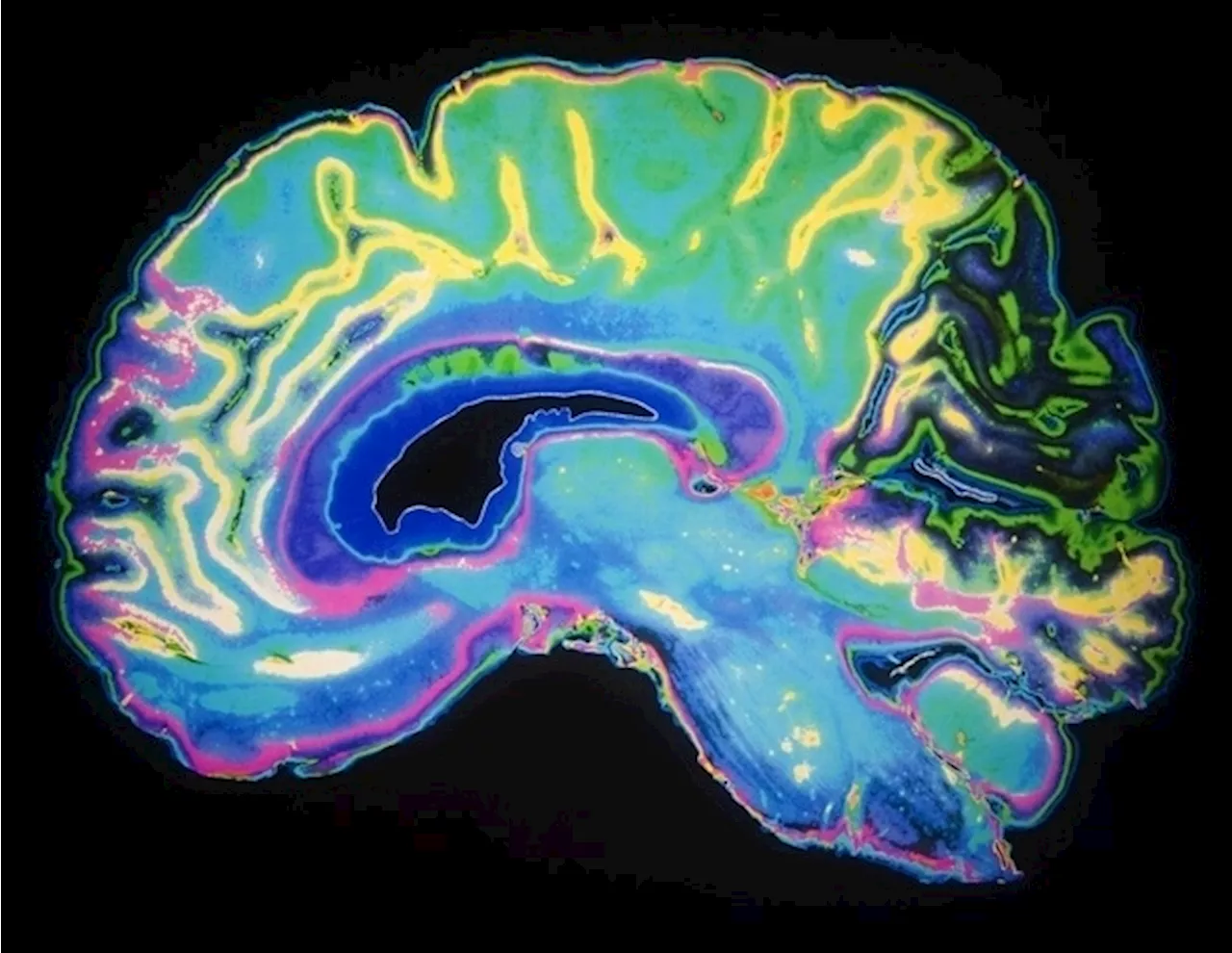This research highlights the indirect role of fructose in cancer, revealing how liver metabolism enhances tumor growth through lipid-mediated mechanisms.
By Dr. Chinta SidharthanReviewed by Danielle Ellis, B.Sc.Dec 5 2024 Research uncovers how cancer cells exploit fructose as an alternative fuel for growth, revealing a surprising metabolic process
Background Cancer cells are known to use glucose extensively for energy and growth in a phenomenon termed the Warburg effect. Recent research has highlighted the potential role of fructose in tumor growth. Fructose is a naturally occurring sugar that is metabolized differently from glucose and is processed primarily by the liver.
The researchers also conducted in vitro experiments where cancer cell lines were cultured with labeled fructose to assess their ability to metabolize the sugar. Additionally, co-culture experiments were also performed where cancer cells were paired with liver cells to evaluate the role of hepatic metabolism in supporting tumor growth.
The study also included comparative assessments of the metabolic pathways of glucose and fructose to highlight the distinct but indirect role of fructose in tumor growth. Overall, the study combined genetic, biochemical, and dietary interventions to detect how the liver converts fructose into metabolites that indirectly fuel tumor growth while providing a comprehensive understanding of inter-organ metabolic interactions.
Furthermore, the inhibition of KHK-C reduced the circulating LPC levels and significantly impeded tumor growth, confirming that the enzyme plays an important role in fructose metabolism and nutrient transfer.
Fructose Lipids Liver Proliferation Tumor Cell Cell Proliferation Enzyme Glucose Metabolism Metabolites Research
United Kingdom Latest News, United Kingdom Headlines
Similar News:You can also read news stories similar to this one that we have collected from other news sources.
 Understanding metabolic alterations and immune dysfunction in acute-on-chronic liver failureAcute-on-chronic liver failure (ACLF) is a life-threatening condition characterized by acute deterioration of liver function in patients with pre-existing chronic liver disease.
Understanding metabolic alterations and immune dysfunction in acute-on-chronic liver failureAcute-on-chronic liver failure (ACLF) is a life-threatening condition characterized by acute deterioration of liver function in patients with pre-existing chronic liver disease.
Read more »
 Review: The multifaceted roles of bilirubin in liver health and diseaseBilirubin, the byproduct of hemoprotein breakdown, particularly hemoglobin, is a critical marker in diagnosing, prognosing, and managing liver diseases.
Review: The multifaceted roles of bilirubin in liver health and diseaseBilirubin, the byproduct of hemoprotein breakdown, particularly hemoglobin, is a critical marker in diagnosing, prognosing, and managing liver diseases.
Read more »
 HMGB1 as a key mediator in liver disease pathogenesisLiver diseases, both acute and chronic, continue to pose significant clinical challenges due to high morbidity and mortality rates.
HMGB1 as a key mediator in liver disease pathogenesisLiver diseases, both acute and chronic, continue to pose significant clinical challenges due to high morbidity and mortality rates.
Read more »
 Liver-brain connection revealed as key to eating habits and metabolismPeople who work the nightshift or odd hours and eat at irregular times are more prone to weight gain and diabetes, likely due to eating patterns not timed with natural daylight and when people typically eat.
Liver-brain connection revealed as key to eating habits and metabolismPeople who work the nightshift or odd hours and eat at irregular times are more prone to weight gain and diabetes, likely due to eating patterns not timed with natural daylight and when people typically eat.
Read more »
 Disruptions in liver and brain clocks contribute to unhealthy eating patternsDisruptions between the brain's master circadian clock and the liver's internal clock, communicated via the hepatic afferent vagal nerve (HVAN), can lead to unhealthy eating patterns and increased weight gain, according to a new study in mice.
Disruptions in liver and brain clocks contribute to unhealthy eating patternsDisruptions between the brain's master circadian clock and the liver's internal clock, communicated via the hepatic afferent vagal nerve (HVAN), can lead to unhealthy eating patterns and increased weight gain, according to a new study in mice.
Read more »
 Exploring mouse models for studying liver fibrosis regressionLiver fibrosis is a progressive and potentially reversible condition that results from chronic liver damage, which can be caused by a variety of factors, including metabolic dysfunction-associated steatotic liver disease (MASLD), alcohol abuse, and viral hepatitis.
Exploring mouse models for studying liver fibrosis regressionLiver fibrosis is a progressive and potentially reversible condition that results from chronic liver damage, which can be caused by a variety of factors, including metabolic dysfunction-associated steatotic liver disease (MASLD), alcohol abuse, and viral hepatitis.
Read more »
